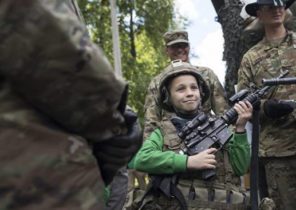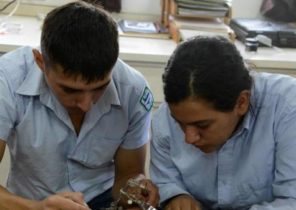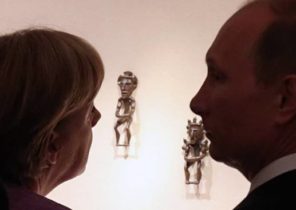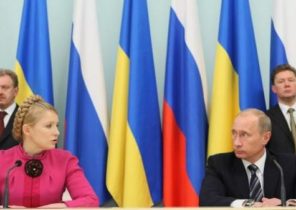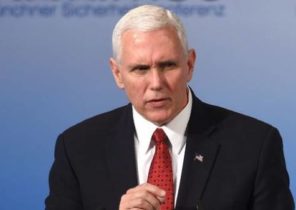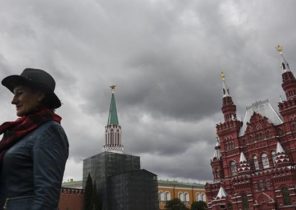
The mention of the Karabakh conflict within the U.S. intelligence report aroused great interest in Armenia. U.S. intelligence considered the likely resumption of military actions in 2017.
However, the situation is much more standard than it might seem at first glance. The conclusion is clear — until the conflict was resolved, and the parties are hard and uncompromising positions, the likelihood of military action remains. Moreover, this probability is periodically reflected in the reports of US intelligence.
The question is, does the U.S. not public data, which can be used to talk about the probability of military action.
American co-chair of the OSCE Minsk group Richard Hoagland said that there is a need for a political revitalization of the US in Artsakh(Karabakh). Now formed a foreign policy team of the new US administration, and something you can only expect few months later, when it’s clear the issue of command and policy.
Activation specifically in what direction we have in mind, Hoped not konkretisiert. Is there a need of revitalization of companies, or the military-political leadership of the conflict parties? And in what direction — a new solution to the conflict, reach agreement on one of the available options, or to strengthen the truce and stable regime, in other words, the introduction of mechanisms to maintain the ceasefire?
The logic of pragmatism, of Realpolitik, we have to assume that speech can go about strengthening the ceasefire regime and stability, so as to reach agreement on any settlement option is in practice impossible for a number of reasons. It is also impossible to force the parties to accept a particular option, at least for the reason that are referred to in another statement, Hoagland. He said the co-chair countries of OSCE Minsk group, in particular the United States and Russia, undoubtedly have different interests in this matter.
Therefore, the United States will not allow something forced Russia, and Russia will not allow something forced by the United States. This might to some extent the primitive interpretation, but in General process there are many factors of mutual deterrence, which prevents the so-called settlement of the logic change of the status quo.
The settlement can be achieved only by strengthening the status quo, when will be implemented the most secure mechanisms of stability and reconciliation.
Baku openly opposed to this and should mean that the implications of Hoagland’s statements on the need for revitalization is precisely this — to undertake more effective methods to overcome the confrontation in Baku.
But you need to overcome the opposition of Russia, as Moscow is not interested in strengthening stability and the formation of the settlement process, the logic of maintaining the status quo.
Hoagland says that Russia does not want war. And he’s probably right, especially since April, showed that the war was problematic for Russia, as the Armenian side, at least, not loses. War must either be very fast, and is not, or should not be, because in the case of tightening Russia will have serious problems.
On the other hand, Russia is not interested in strengthening stability, since the atmosphere of instability is Russia’s unique way of managing the conflict and parties to the conflict, and the Caucasus.
Consequently, the activity of the United States should aim to put Russia on a different field. In other words, the U.S. is likely to move to the rear of Baku where Russia is, even closer than Turkey.
In this sense, the statement Hoagland sounds interesting in the context of Russian-American contacts have taken place in recent weeks in the form of visits of foreign Ministers.
It is noticeable that Moscow was proposing a new variant of coexistence, not only in Syria but in the wider context. Lavrov’s visit to Washington suggests that Moscow is configured at least to discuss the proposed US version, and it is in the process.
It is not excluded that this circumstance contains between the lines in the statement Hoagland about that for a certainty as to the new team of the US administration and its policies would take several months.
Russia, apparently, offer or upgrade to a new model of coexistence, or to expect new strikes in Syria or anywhere else.
